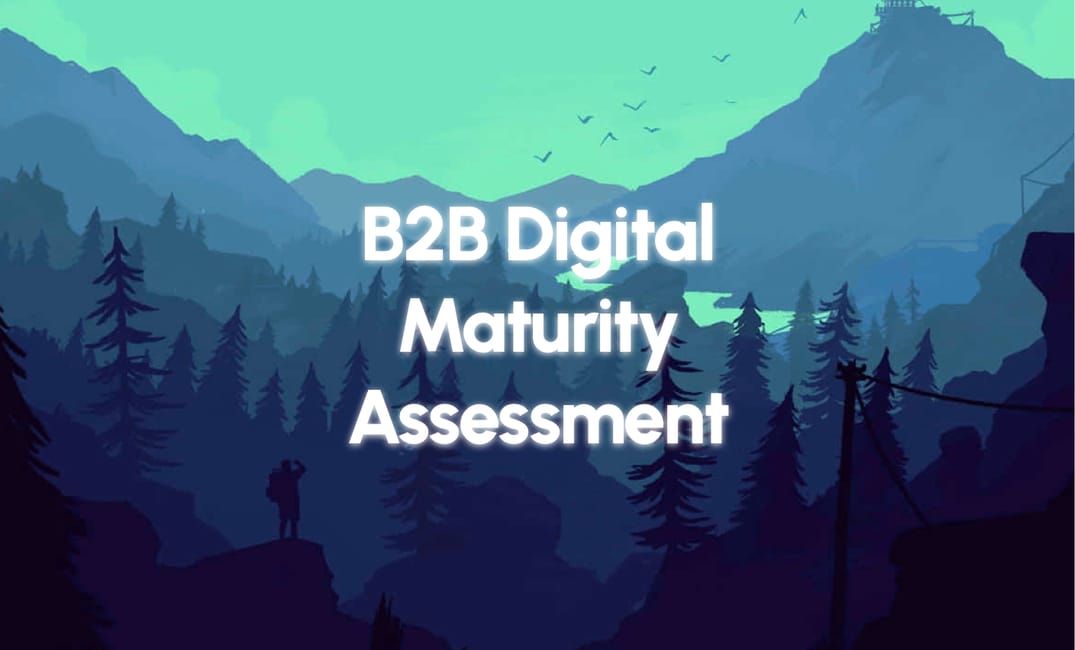Most companies undertaking a digital maturity assessment will discover they are at varying stages across different dimensions of their business. Rarely is a company at the Starter Stage in every aspect, and even fewer have reached Stage 4 across the board. The purpose of this assessment is to help B2B firms identify their current position in each dimension and outline a roadmap to accelerate their digital maturity effectively and swiftly.
There are four main stages of B2B Company Maturity:
For companies stuck at the Starter Stage in all categories, immediate action is crucial. Remaining at this level is unsustainable, and failure to progress will lead to their decline. The rapidly evolving digital landscape means that being at the Starter Stage even three years from now is risky, and staying there for five years will put the company on the brink of obsolescence.
The impact of digital on customer engagement and business operations is too significant for B2B executives to delegate its importance. Over the next five years, senior executives will face critical decisions regarding channels, customers, and partners. Those who fully embrace the potential of digital will shape the future, while those who delay will be left behind as the new digital world progresses.
The proposed model considers four main pillars of the B2B digital maturity
How The organization effectively leverages digital tools to streamline operations and enhance the customer experience, utilizing available technology to its fullest potential.
How the company embraces digital transformation at an organizational level, actively hiring for digital roles and ensuring the sales team fully adapts to the shift towards digital processes.
How the organization prioritizes the creation of functionalities and experiences that meet and exceed customer demands, focusing on customer satisfaction and engagement.
How actively the organization invests in providing business users with access to data, empowering them to make informed, data-driven decisions about investments and strategic initiatives.
B2B companies are increasingly focusing on personalization to enhance customer experience. Advanced analytics and AI-driven insights enable tailored recommendations and personalized interactions, mirroring B2C trends. An integrated omnichannel approach is becoming essential. B2B buyers expect a consistent experience across various channels, including online portals, mobile apps, and physical stores.
Adopting new technologies and digital processes necessitates a cultural shift within organizations. Effective change management strategies are essential to align the workforce with new operational paradigms. Optimizing supply chain and logistics in a digital-first environment is challenging. Real-time tracking, demand forecasting, and efficient inventory management are critical for meeting customer expectations.
Optimizing supply chain and logistics in a digital-first environment is challenging. Real-time tracking, demand forecasting, and efficient inventory management are critical for meeting customer expectations.
The journey to digital maturity is a pressing priority. Companies must evaluate their current stages, embrace comprehensive digital strategies, and drive transformation from the top. Only then can they meet customer demands, outperform competitors, and thrive in the modern business environment.


